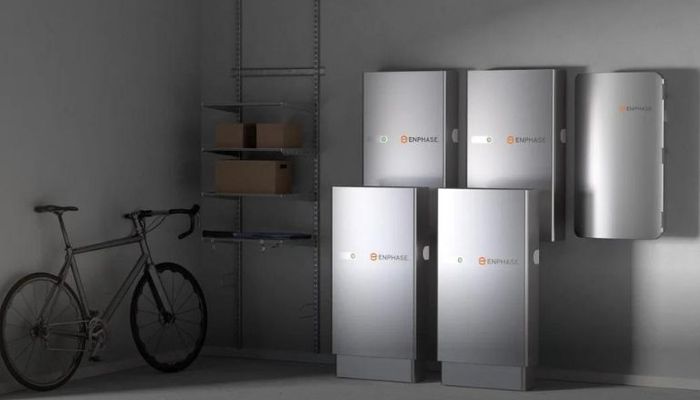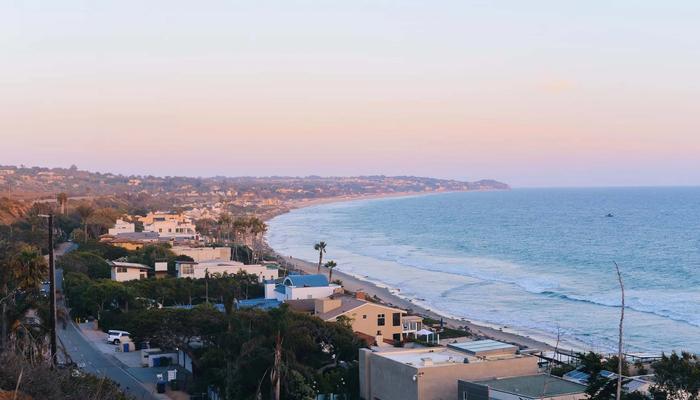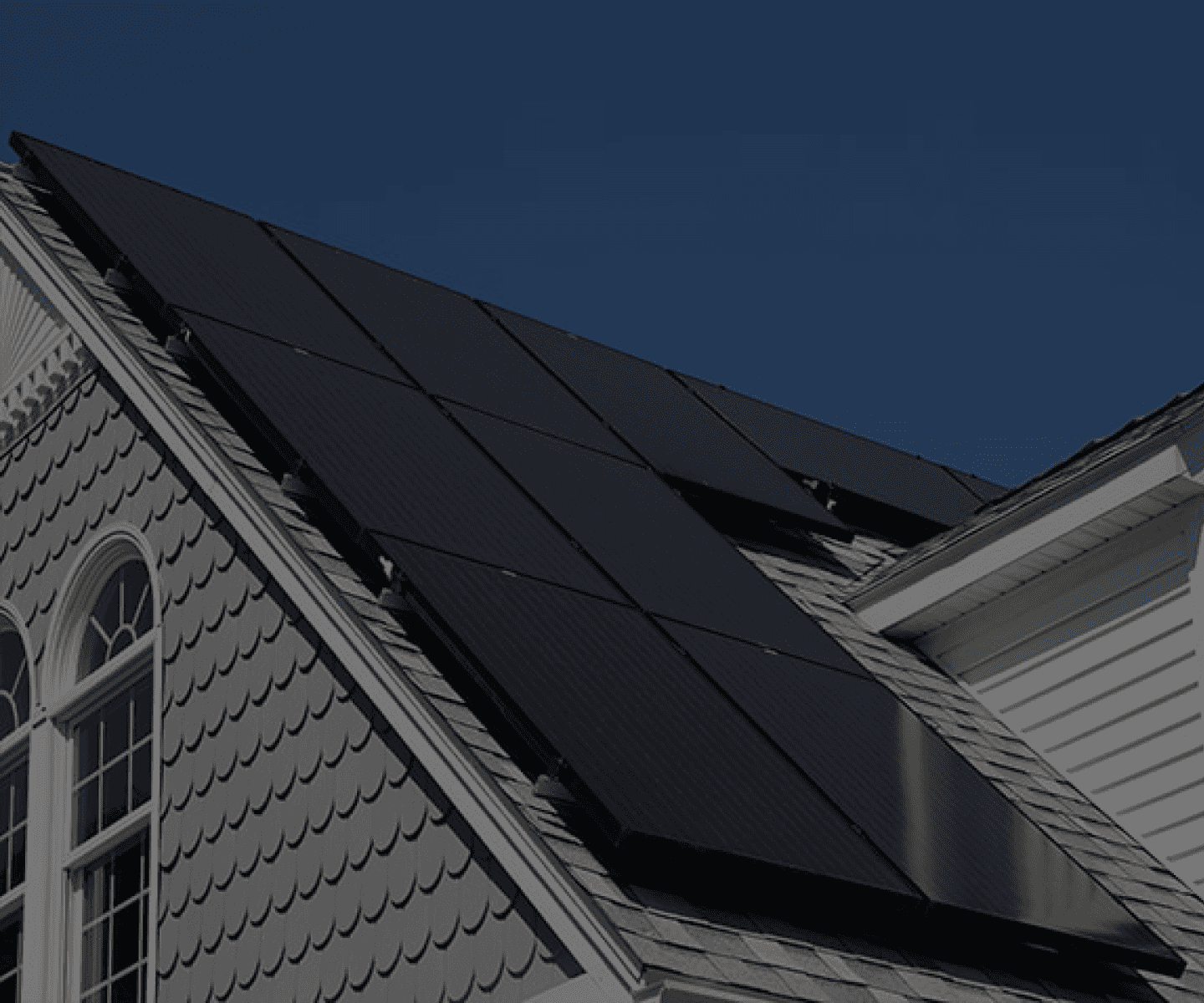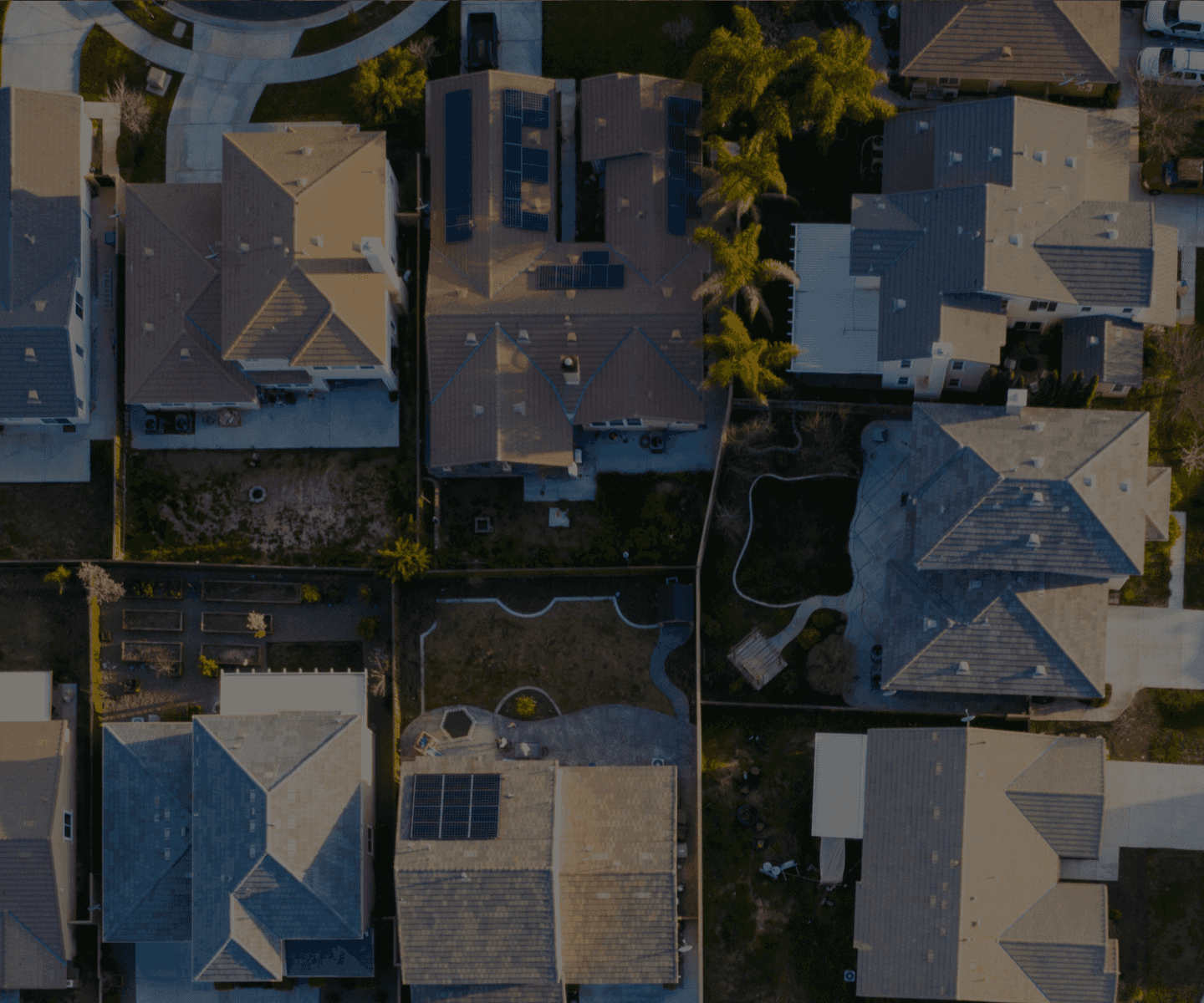What's the Latest in High-Watt Solar Panels

All solar panels have a wattage rating to indicate how much power they produce under standard test conditions. So as you research and shop around for solar panels, you can compare wattages as a consideration factor.
You’ll typically find average solar panel wattages in the 300- or 400-range. What exactly does this mean? A 415-watt solar panel, for example, will produce more energy than a 380-watt solar panel. The 415-watt panel will offset more of your electric bill, which could help you save more money depending on the configuration of your home’s solar array.
But that doesn’t necessarily mean you should run out and buy the highest wattage panels you can find. There are additional factors to consider, such as price, size and warranty. So, let’s take a high-level look at the latest in high-watt solar panels on the market, so we can help guide you through the decision process.
What Is the Highest Watt Solar Panel Available Today?
Solar cell technology evolves every year, with newer solar panels carrying higher power ratings. And solar panel manufacturers are competitive, always looking for ways to one-up other brands with more efficient, larger panels.
Currently, the highest watt solar panel available is the Trina Solar TSM-DEG21C.20 MBB 670 Watt solar panel. However, you won’t be seeing these panels on your neighbor’s roof anytime soon. High-watt solar panels like these are earmarked for commercial and large utility projects only and aren’t available to the general public.
For large commercial jobs, it’s common to use a solar panel that is 500 watts or higher. The highest watt solar panels are usually between 400 and 500 watts for residential projects.
Comparing High-Watt Solar Panels
It’s easy to get dazzled by a high power rating and forget the other details, but there are many things you should look at when comparing high-watt solar panels.
Physical Size and Efficiency
Currently, there are only two ways to increase solar panel output: more watts to make it more efficient or a physically larger design.
Efficiency is calculated as the ratio of power output per square meter. If you have two solar cells with exact physical dimensions, the one with the higher efficiency will have a higher power rating.
Solar cells with larger physical dimensions will have higher power output, regardless of efficiency. The same is true for a solar panel with more solar cells.
The highest-watt solar panels combine these factors. They have more solar cells, which are both larger and higher in efficiency than standard solar cells. This results in the highest possible solar panel power rating.
Price Per Watt
Some finer things in life come with a price, and high-watt solar panels are no exception. As you shop for your system, one crucial thing to remember is that what you pay per solar panel does not matter as much as what you pay per watt.
The per watt price is what affects the bottom line on your solar payback period, or how fast your solar installation will pay for itself. Higher wattage solar panels come at a higher price per watt, which will lower the return on your investment — so you must weigh your options carefully.
Read: Why Are Solar Panels So Expensive?
Solar Panel Brand and Warranty
When purchasing solar panels, it is always essential to research the reputation of the solar panel manufacturer and what quality standards they use in their manufacturing processes.
You should also study the terms of the solar panel warranties. Product warranties and performance warranties can vary significantly from brand to model. Those extra watts won’t mean much if the warranty can’t back up that high output or lifespan.
When to Use High-Watt Solar Panels
Consider all the factors before deciding that a high-watt solar panel is right for you. When it comes to solar panels, bigger isn’t always better.
Evaluating your roof space is a critical step. If you have a limited amount of roof space with suitable orientations for solar panels, you will want to consider high-watt solar panels. Additionally, the configuration of your roof space might dictate what size solar panels you should use. Suppose the available area is limited to a height of 6 feet, for example. In that case, you’ll be better off installing shorter (and lower watt) solar panels than trying to use higher watt solar panels that measure 7 feet.
Another consideration: who is doing the installation? If you’re taking the DIY route and don’t have all the muscle available, you might want to choose lower watt panels, which are smaller, lighter and more practical to install on a roof.
What’s Next for High-Watt Solar Panels?
Less than five years ago, 350-watt solar panels were among the highest wattage available. What will that mean for high-watt solar panels five years from now?
The solar industry will likely continue to hone solar cell technologies to make more efficient panels with greater output. We don’t know if we’ll be seeing 600-watt panels for residential installations in the near future, but wattages could creep up to that number over time.
However, that doesn’t mean you should wait on your solar installation. With the current federal tax credit rate due to drop at the end of 2022 and the potential for states to alter net metering rules for new customers going solar, you should install your solar panel system now if you’re considering it. Missing out on the current incentives for the sake of higher wattages could cost you in the long run.
While it is exciting to think about the potential of increasingly efficient solar panel systems, it is more beneficial to complete your solar installation and start saving money on your electric bills right away.
The Final Word on High-Watt Solar Panels
It’s safe to say that the solar industry has been on a roll, developing high-watt solar panels that are very attractive. But assess all the factors we mentioned, like roof space, price per watt and manufacturer reputation, to decide if those high power ratings are what you need.
Curious to learn more about high-watt solar panels, or ready to take the next step in your solar journey? Chat with the folks at GoGreenSolar, experienced solar veterans and DIY installation experts. They can help you through the process of choosing the perfect solar panel system for your needs.






